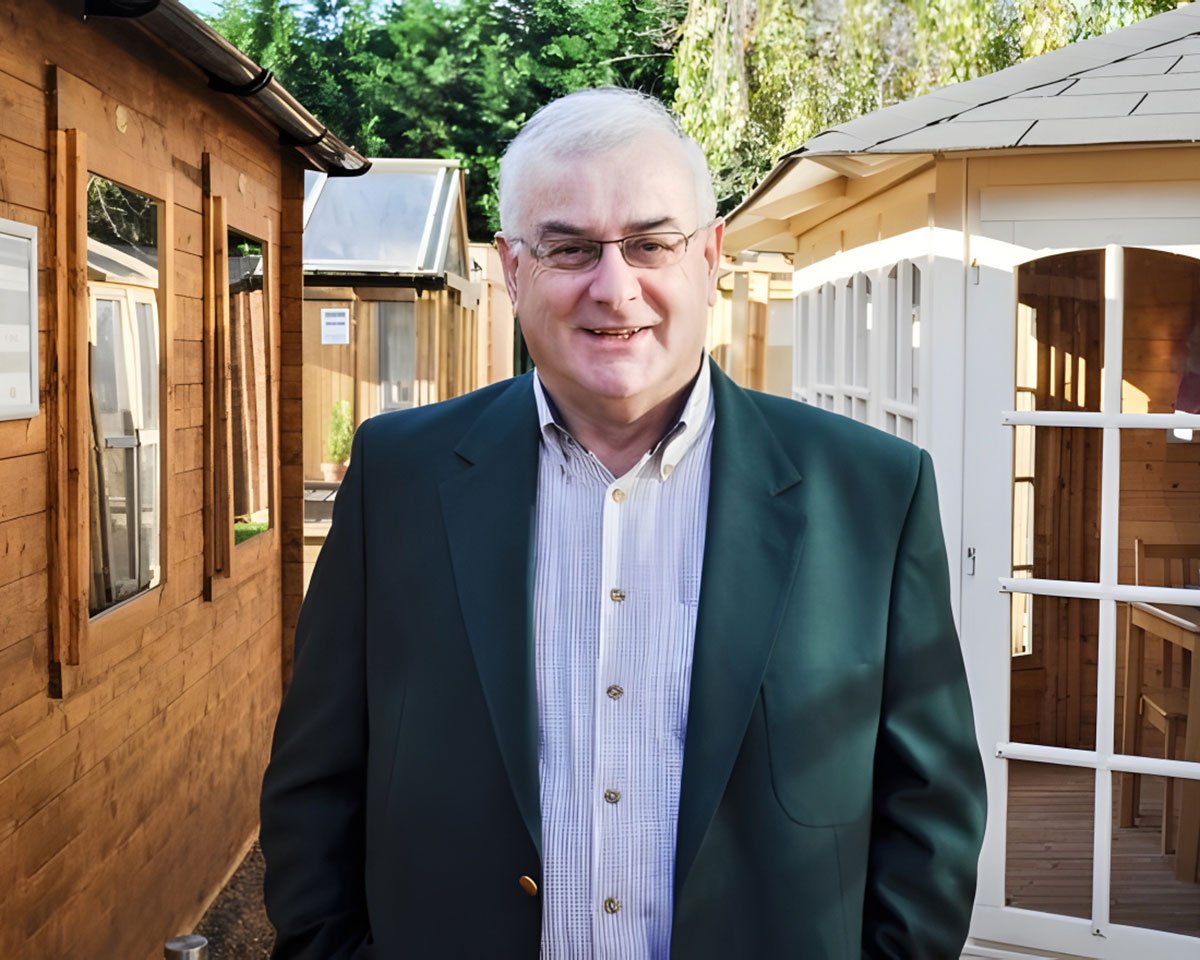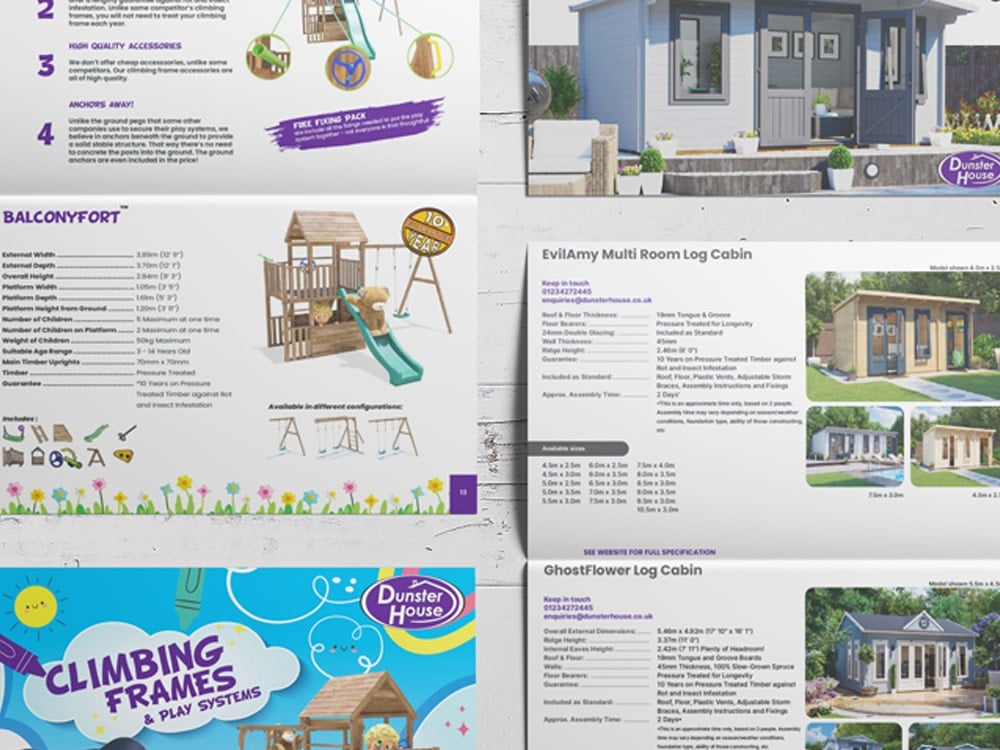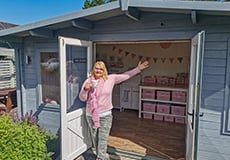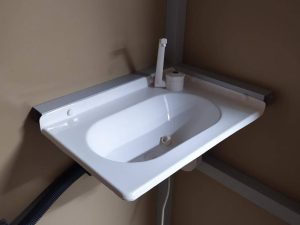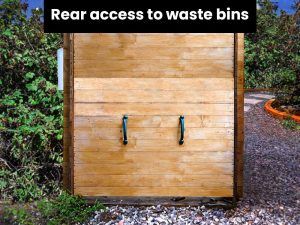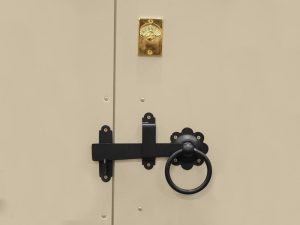A Cashel man who emigrated to the UK in the 1960s went on to become a successful businessman and develop resources for charities working with humanitarian disasters.
Chris Murphy left Cashel in 1966, having been to secondary school at Rockwell College, and joined the British Army. Today he employs over 500 people across the UK and Europe as well as supporting non-government organisations (NGOs).
Not wishing to go to university, Chris took some time out working in Ireland and London before going on to spend four years as a commissioned officer in the British Army during the early 1970s. He left the army in 1973 to develop his business career in Britain. Having worked for various home improvement companies and even building his own house in the early 90s, Chris used his knowledge and experience to start Dunster House Ltd in 1994.
Chris was better known to his school mates in Cashel as ‘Dusty’ and he grew up living at Francis Row with his parents Paddy, who was a plumber, and Ina (Leahy), and his siblings. Over the years Chris has drawn on his education in Rockwell, where he enjoyed subjects such as History, Geography, Languages, and Maths, as well as his experiences in the British Army to ensure that Dunster House Ltd is constantly moving forward, thinking positively and now employs over 320 staff on five sites in the UK
Chris is happily married to Pamela, who he met in Germany over 40 years ago. They have two sons who enjoy the benefits of working for a family company. They now run the British business whilst Chris is developing new products and the company’s overseas development, exporting to the Gulf and as far afield as Africa and Sri Lanka, as well as Europe. Over the last nine years, he has also started and built overseas companies in Estonia, Hungary, and Poland where a further 260 staff are employed.
One of his latest developments has been in the field of sanitation solutions for Humanitarian and Disaster relief products
.jpg)
Over 2.5 billion people – roughly 36 percent of the world’s population – still lack what many of us take for granted: access to adequate sanitation. These people are often deprived of their dignity and privacy whilst being left vulnerable to the spread of disease and contaminated water.
The company supplies Oxfam and has launched its Raised Latrines and Latrine Superstructures to countries affected by conflicts such as South Sudan where thousands of people are living in temporary camps or small villages without access to water and adequate sanitation facilities.
Angus McBride, Oxfam Roving Public Health Engineering Team Leader explains that humanitarian agencies have really struggled to construct latrines in South Sudan due to difficult soil conditions and difficulties in sourcing and transporting good quality materials. And in Africa latrines are worth their weight in gold. “People who are living in camps are at increased risk of diseases like diarrhoea or cholera.”
The company has also recently got involved in a charity project with UNICEF. Thanks to this latest cooperation three container loads have gone to Chad – a country with one of the lowest rates of access to safe drinking water and sanitation services in the world.
Find out more about Dunster House’s dedicated Humanitarian projects.


